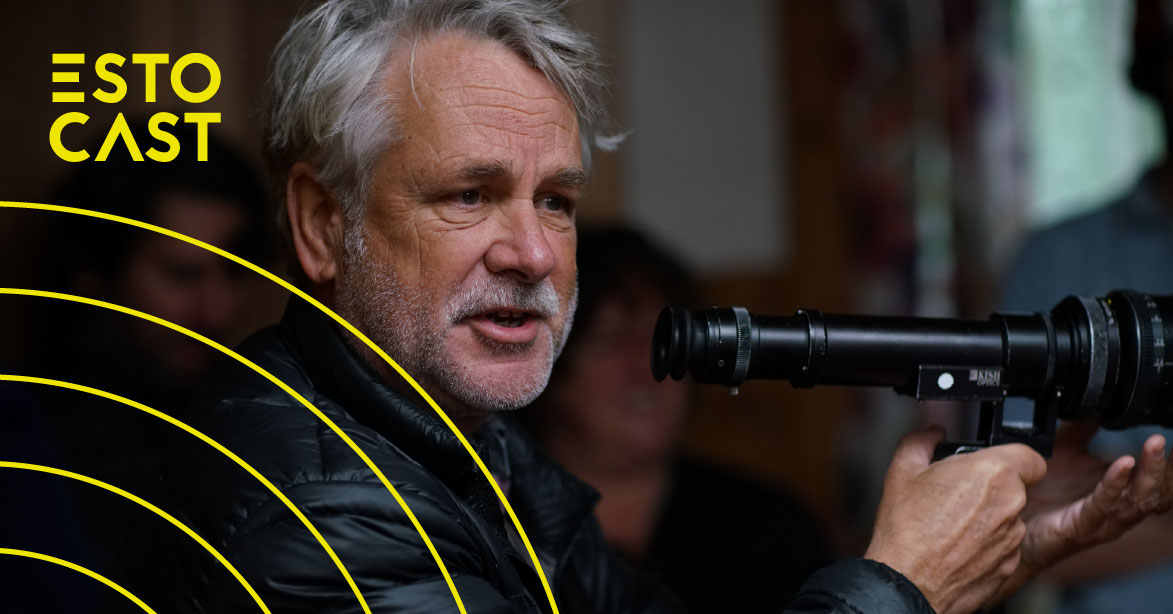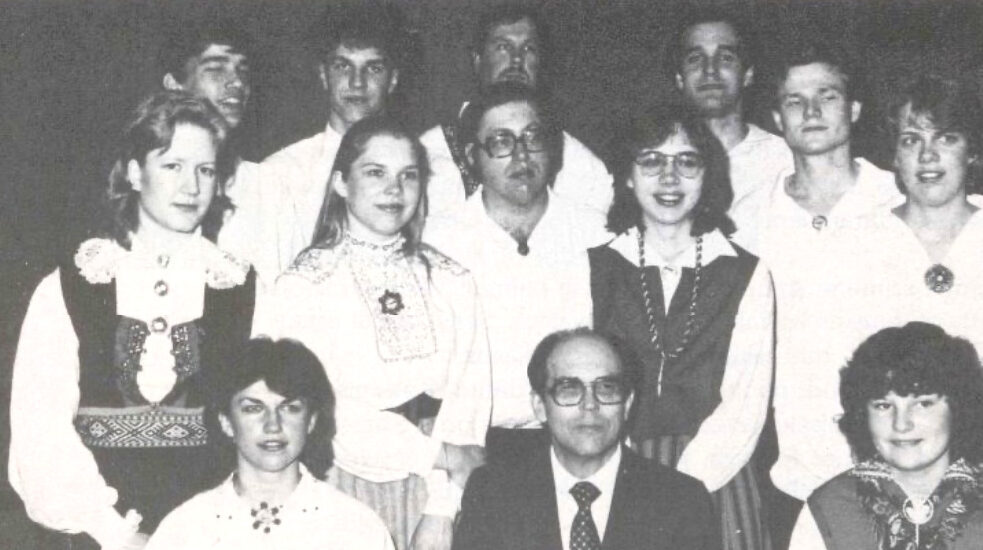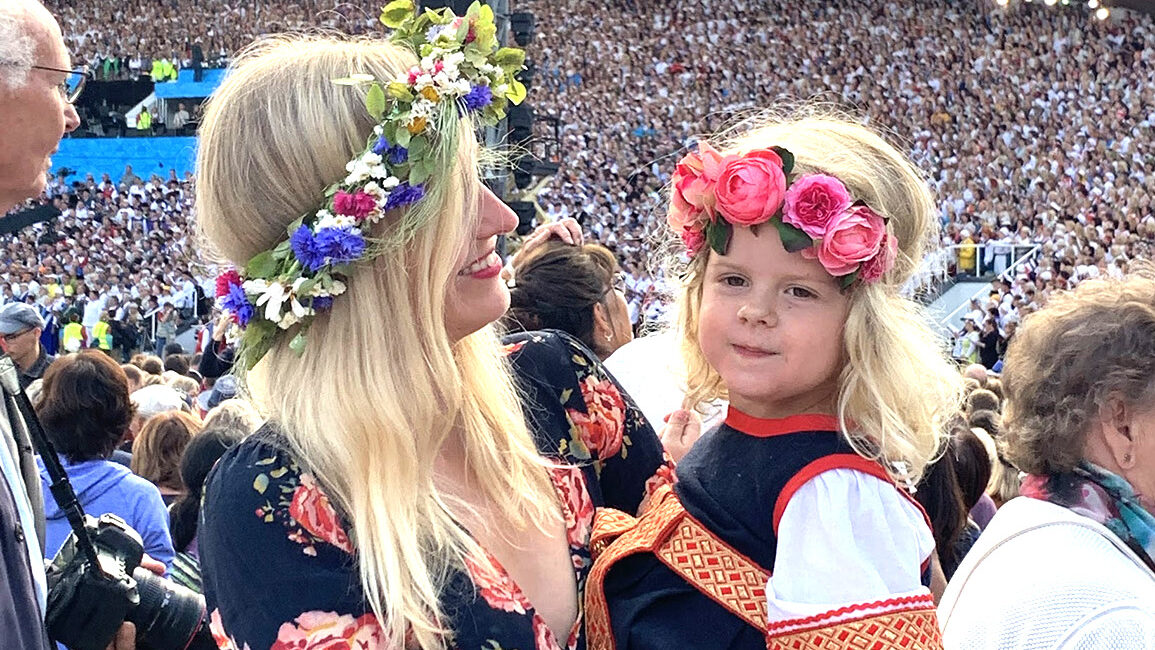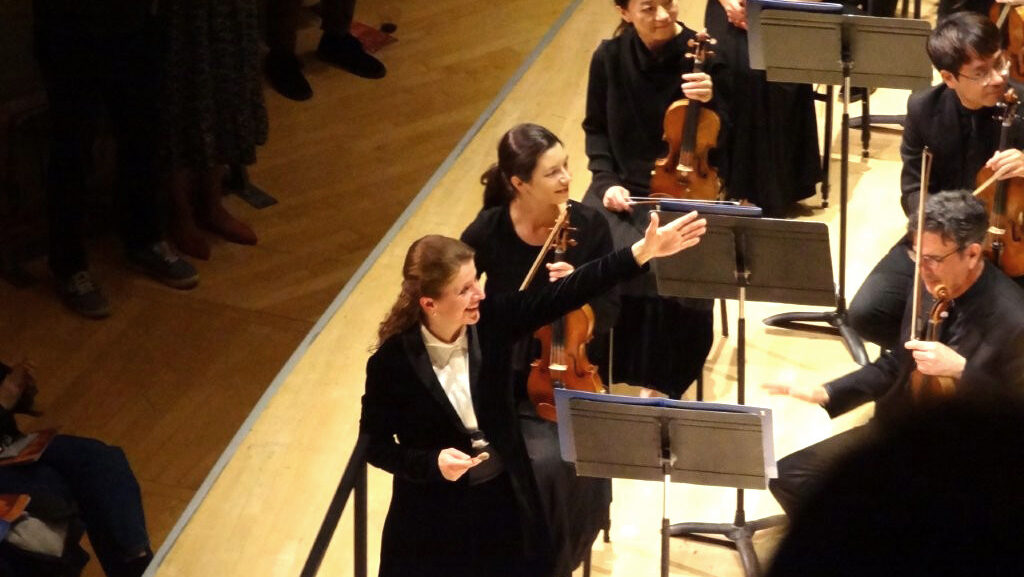Each country must nominate an artist to perform an original three-minute song in the competition. According to Eurovision's website, this process differs across countries but typically involves either a televised national selection show, an internal process, or another means.
Estonia chooses its Eurovision competitor through a broadcasted national competition known as Eesti Laul, or “Estonian Song” in English. Introduced in 2009, the competition is hosted by Estonian public broadcaster Eesti Rahvusringhääling (ERR), and involves three rounds of performances and voting.
Eesti Laul 2025 will be held on February 15th, at the Unibet Arena in Tallinn. ERR's Eesti Televisioon (ETV) revealed the first fifteen competing artists and songs, with the 16th to be chosen via a public vote on Raadio 2 in January. So far, the finalists and their chosen songs include: “Cold” by An-Marlen, “I Don't Know You” by Andrei Zevakin feat. Karita, “Love Me Low” by Anna Sahlene, “Tomorrow Never Comes” by Ant, “The Last to Know” by Elysa, “Solo Anthem” by Felin, “Trouble” by Frants Tikerpuu, “Psycho” by Gem98, “Frozen” by Janek, “Eyes Don't Lie” by Joelle, “Armageddon” by Minimal Wind, “Come” by Räpina Jack feat. Kaisa Ling, “Prty Till the End of the World” by Stereo Terror, “Espresso Macchiato” by Tommy Cash, and “Rem” by Tuuli Rand.
Since its Eurovision debut in 1994, Estonia has participated 30 times. Of those, it holds one victory from Tanel Padar, Dave Benton, and 2XL's performance of “Everybody” in 2001, making it the first of the former Eastern Bloc countries to win the competition, according to Eurovision's website.
Estonia's Eesti Laul finalists are undoubtedly ready to bring another Eurovision victory back home. “I hope everyone likes [my] song,” said Tommy Cash in an interview with ERR. “I think people have already decided in a way that I'm going [to Eurovision]. I would like to tear it down at Eurovision.”
Other artists have previously competed in Eesti Laul. In an interview with ERR, Tuuli Rand said that, “I can't say that it's an advantage. It definitely depends on the song, and no matter how many times I've performed and been on stage, the Eesti Laul stage is different. There's more tension, and the nerves inevitably come in. But I [will] do my best.”
The final round of Eesti Laul 2025 will be broadcast on ETV, radio, and other channels available in Estonia, according to ERR. “Artists who achieved the highest scores from the jury and have consented to participate in the contest will be put to the public vote. Voting will open on December 28th on Raadio 2's website, and the public's choice for the Estonian Song Contest final will be announced on the morning of January 6th.”
Stay tuned to find out who will represent Estonia in the 69th Eurovision!
This article was written by Natalie Jenkins as part of the Local Journalism Initiative.




